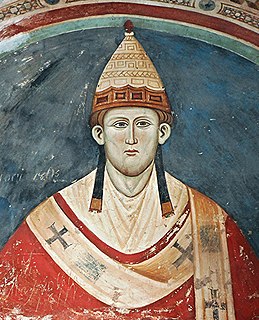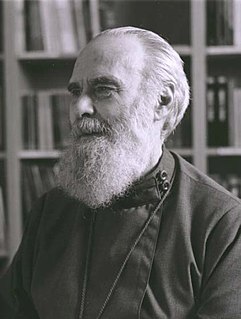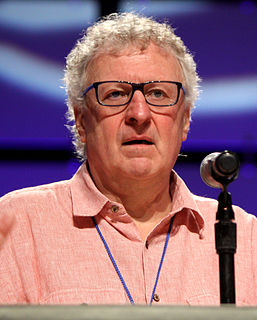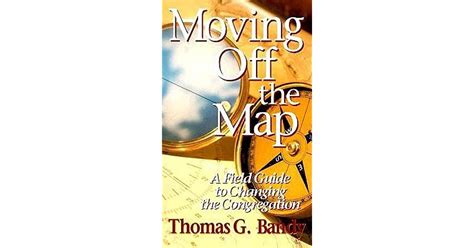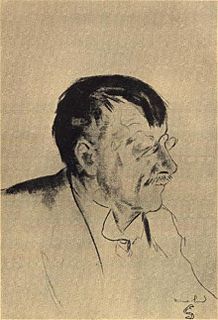A Quote by Pope Innocent III
Anyone who attempts to construe a personal view of God which conflicts with church dogma must be burned without pity.
Related Quotes
It is easy to romanticize poverty, to see poor people as inherently lacking agency and will. It is easy to strip them of human dignity, to reduce them to objects of pity. This has never been clearer than in the view of Africa from the American media, in which we are shown poverty and conflicts without any context.
I must learn that the purpose of my life belongs to God, not me. God is using me from His great personal perspective, and all He asks of me is that I trust Him. ... When I stop telling God what I want, He can freely work His will in me without any hindrance. ... Self-pity is of the devil, and if I wallow in it I cannot be used by God for His purpose in the world.
Thus, if there exists a law which sanctions slavery or monopoly, oppression or robbery, in any form whatever, it must not even be mentioned. For how can it be mentioned without damaging the respect which it inspires? Still further, morality and political economy must be taught from the point of view of this law; from the supposition that it must be a just law merely because it is a law. Another effect of this tragic perversion of the law is that it gives an exaggerated importance to political passions and conflicts, and to politics in general.
It seems to me, and I am personally convinced, that the Church must never speak from a position of strength. [These are shocking words.] It ought not to be one of the forces influencing this or that state. The Church ought to be, if you will, just as powerless as God himself, which does not coerce but which calls and unveils the beauty and the truth of things without imposing them. As soon as the Church begins to exercise power, it loses its most profound characteristic which is divine love [i.e.] the understanding of those it is called to save and not to smash.
It is a dogma of the Roman Church that the existence of God can be proved by natural reason. Now this dogma would make it impossible for me to be a Roman Catholic. If I thought of God as another being like myself, outside myself, only infinitely more powerful, then I would regard it as my duty to defy him.
For unnumbered centuries of human history the wilderness has given way. The priority of industry has become dogma. Are we as yet sufficiently enlightened to realize that we must now challenge that dogma, or do without our wilderness? Do we realize that industry, which has been our good servant, might make a poor master?
Hell came right along with God, hand in hand. The stink of sulfur swirled in the air of the church, fire burned in the aisles, and brimstone rained out of the rafters. From the evangelist's oven mouth spewed images of a place with pitchforks, and devils, and lakes of fire that burned forever. God had fixed a place like that because he loved us so much.
A healthy church is not a church that's perfect and without sin. It has not figured everything out. Rather, it's a church that continually strives to take God's side in the battle against the ungodly desires and deceits of the world, our flesh, and the devil. It's a church that continually seeks to conform itself to God's Word.
What a pity that Bilbo did not stab that vile creature, when he had a chance!' Pity? It was Pity that stayed his hand. Pity, and Mercy: not to strike without need. And he has been well rewarded, Frodo. Be sure that he took so little hurt from the evil, and escaped in the end, because he began his ownership of the Ring so. With Pity.
At the time of Caliph Omar's invasion of Egypt, the Arab officer on duty in the destruction of the library of Alexandria used two stamps with which he marked the books. One said: 'Does not agree with the Koran - heretic, must be burned'. The other said: 'Agrees with the Koran - superfluous, must be burned'.
